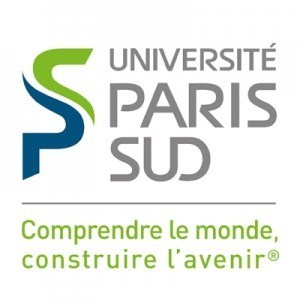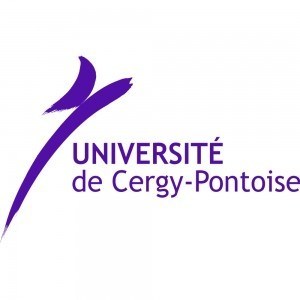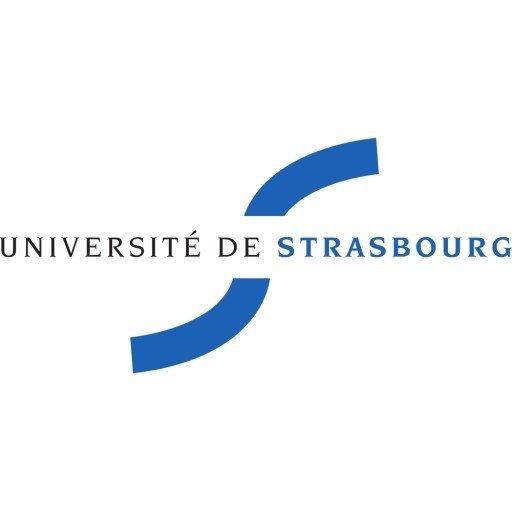Photos of university
The General Physics program at Paris-Saclay University is a comprehensive undergraduate degree designed to provide students with a solid foundation in the fundamental principles of physics, as well as the essential skills needed for research, innovation, and technological development. This program offers a multidisciplinary approach, combining theoretical knowledge with practical laboratory work, computational methods, and experimental techniques. Students will explore a wide range of topics, including classical mechanics, electromagnetism, thermodynamics, quantum physics, and statistical physics, enabling them to understand the physical laws governing the natural world. The curriculum emphasizes critical thinking, problem-solving skills, and the ability to analyze complex systems, preparing graduates for careers in academia, industry, or research institutions.
Throughout the program, students have access to state-of-the-art laboratories and research facilities, allowing them to engage in hands-on experiments and projects that reinforce their theoretical understanding. The program also encourages participation in research activities, internships, and collaborations with leading scientists, fostering an environment of innovation and scientific inquiry. Additionally, students are offered specialized courses in areas such as condensed matter physics, astrophysics, nanophysics, and computational physics, allowing them to tailor their education according to their interests and career goals. The program prepares graduates to pursue advanced studies or enter the workforce equipped with a rigorous scientific background and practical experience.
Paris-Saclay University’s strategic focus on science, technology, and innovation ensures that students receive a top-tier education aligned with current scientific challenges and industry demands. Graduates of the General Physics program will acquire a versatile skill set, including analytical reasoning, data analysis, programming, and experimental design, making them highly competitive in various scientific and technological fields. The program’s international orientation also provides opportunities for mobility and exchanges with partner institutions worldwide, enriching the educational experience and broadening future career prospects. Overall, the General Physics program at Paris-Saclay University is an ideal choice for students passionate about understanding the fundamental aspects of nature and eager to contribute to scientific advancement.
Each student chooses 3 Major courses on basic notions, among a list of 4 courses detailed here.
It is also mandatory to select 2 advanced Minor courses among 7 suggested lectures (see their respective content here).
Concerning the tools sessions (see the list) and the research project in a host academic/ industrial laboratory of the student’s topic [=internship], one can
either follow 2 tools classes plus participate to a normal internship (during at least 8 weeks),
or follow 1 tools class plus participate to a long-term internship (10-12 weeks) and/or a training in a laboratory (weekly one-day visit all the year long).
In addition, several experimental platforms or experimental work possibilities in various installations are offered; the students will perform some experimental work accordingly to their topics.
Language courses are provided as well (24h), either French for foreign students or English for french speaking students.
All these teachings are summarized in the following table together with their respective weights in terms of ECTS (see the official definition).
| MODULES | WEIGHT |
|---|---|
| Major courses | 3 x 8 = 24 ECTS |
| Minor courses | 2-3 x 6 = 12-18 ECTS |
| Tools classes | 3-6 ECTS |
| Research project / Training | 6-9 ECTS |
| Experimental Physics | 6 ECTS |
| Language course | 3 ECTS |
| TOTAL | 60 ECTS |
The pedagogical choices for each type of class are summarized right below.
| Major courses | Particles, nuclei and universe |
| Atoms, molecules and optics | |
| Condensed matter Physics | |
| Statistical and quantum mechanics | |
| Minor courses | Nuclear and Particle Physics |
| Astrophysics and Astroparticles | |
| Soft matter and biological Physics | |
| Plasma Physics and applications | |
| Complex systems and information theory | |
| General relativity & Cosmology | |
| Quantum effects at macroscopic scale |
| Tools classes | Computing tools |
| Sensors, measurements and signal processing | |
| Mathematical and statistical methods | |
| Advanced mathematical methods |
| Integrating program | Language course (French or English) |
| Experimental Physics (mini-experiments in various platforms) | |
| Research project: work in a research team | |
| Training in academic or industrial team | |
| Seminars and Supporting courses |
A large selection of computing tools (C++, Python, MatLab, Mathematica, Latex, Office…) is made available for students. A user guide and short introduction on how to use the different tools is also provided.
The prerequisite for eligibility to the first year master program, is to hold a Licence 3 in Physics or the equivalent (= three-year Bachelor’s degree in Science) - from any recognized university or institution across the world, including academic institutions in France.
Students with degrees in closely related fields with significant physics and mathematics background and a keen interest in further physics training are routinely considered.
There are no specific preparatory courses for the 1st year Master of General Physics; the necessary scientific background is detailed for each lecture (see the details on the Programs pages).
In making admission decisions, several measures are taken into account. Among these measures are grade points from previous studies.
The candidates should have a level of english sufficient to follow scientific courses, since for all the lectures of this international 1st year Master the teaching language is English. Hence, the English knowledge and the performance at the TOEFL exam are considered.
The application form simply consists of an updated CV, including the ranks/marks obtained for the previous diploma (plus those already known from the current year), and possibly a letter of recommendation from a scientific personality. If you already know it, please indicate also your projects regarding your scientific formation and future career.
Scholarships
- Paris-Saclay Master's Scholarship programme
- « Île de France » Master Scholarship program
- Eiffel Scholarship Program
- Paris-Sud University's Top-Up
The General Physics program at Paris-Saclay University offers a comprehensive education in fundamental physical principles and their applications across various scientific disciplines. This program is designed to provide students with a solid foundation in classical and modern physics, including areas such as mechanics, electromagnetism, thermodynamics, quantum physics, and statistical mechanics. The curriculum emphasizes both theoretical understanding and practical skills through laboratory work, computational techniques, and research projects. Students have access to cutting-edge laboratories and research facilities, enabling them to engage actively in scientific exploration and innovation. The program prepares graduates for careers in academia, research institutions, industry, or further specialization through master's or doctoral studies. It also promotes interdisciplinary approaches, integrating physics with engineering, materials science, and information technology. Paris-Saclay University’s collaborative environment fosters interactions among students, professors, and industry partners, enriching the educational experience. The program's structure typically involves coursework in fundamental physics topics, elective modules allowing specialization, and a final thesis or research project. Language of instruction is primarily in English, aiming to attract international students and prepare all students for global scientific careers. Upon completion, graduates are equipped with analytical, experimental, and computational skills essential for tackling complex scientific problems. The university's strong focus on research and innovation ensures that students are exposed to the latest developments in physical sciences, making the program highly relevant and competitive in the international academic landscape.







